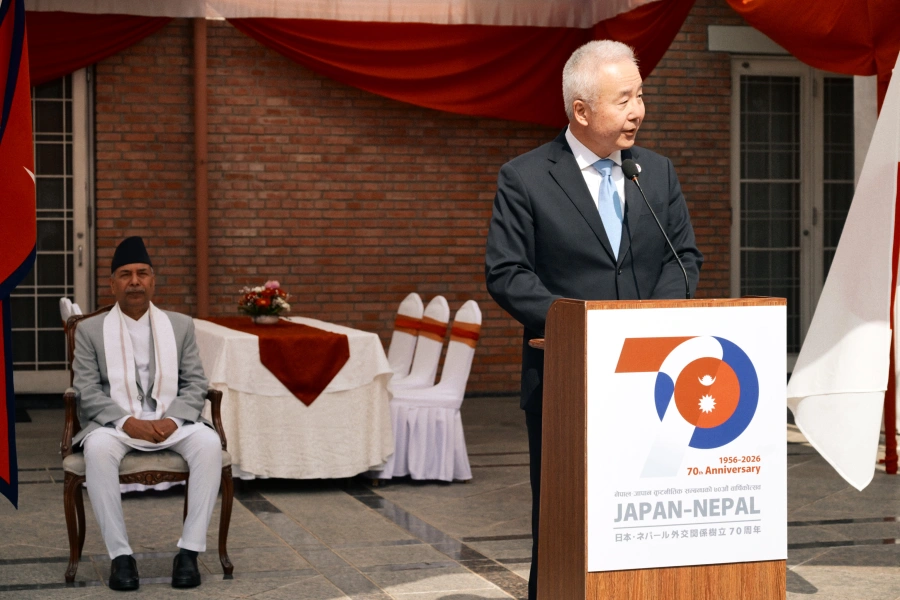KATHMANDU, June 29: The Employment Permit System (EPS) under the Department of Foreign Employment (DoFE) published the result of Proficiency in Korean (TOPIK) on Friday. Out of 92,376 candidates who filled up the form, around 13% passed the exam. The total number of passed candidates is 12,009 for this year.
Out of the successful candidates who appeared in the exam, 23.94% passed the test for agriculture sector and 76.05% for manufacturing sector. Number wise, 9,133 candidates passed for manufacturing sector, whereas 2,876 passed for agriculture sector.
According to Shobhakar Bhandari, spokesperson of the EPS section of the department, the candidates will be further shortlisted and the selected ones will get a job by January 2020.
"There will be skill based examination which we expect to organize by mid-September.
Too many candidates in big parties, small parties struggle to f...

The candidates will be allowed to fill up Employment Arrangement Form after that," said Bhandari. "This will be followed by medical test and police report of the shortlisted candidates. The selected ones will reach Korea by January 2020."
According to Bhandari, 8,996 candidates had passed the test last year. "The test is valid for two years, so, the data does not show the number of candidates of a particular year who went to Korea," he said. He said that 3300 candidates from 2018 and 2017 batches reached Korea in 2019.
According to him till now 62,000 candidates have reached Korea through EPS.
The first level of language test for this year was held on June 8 and June 10.
South Korea has become a lucrative destination for Nepali workers after the country has entered into EPS in 2007.
EPS Korea Section was established under the Ministry of Labor and Employment and Department of Foreign Employment of the Government of Nepal, with a purpose of easing the process to send Nepali workers to Korea.
This is a government-to-government system which ensures safe migration for workers and also strengthens basic rights of foreign workers and restricts discrimination against them.
Under the engagement of the government in this program, the selected workers will be provided timely, efficient, transparent, and sustainable services to the job seekers.






































